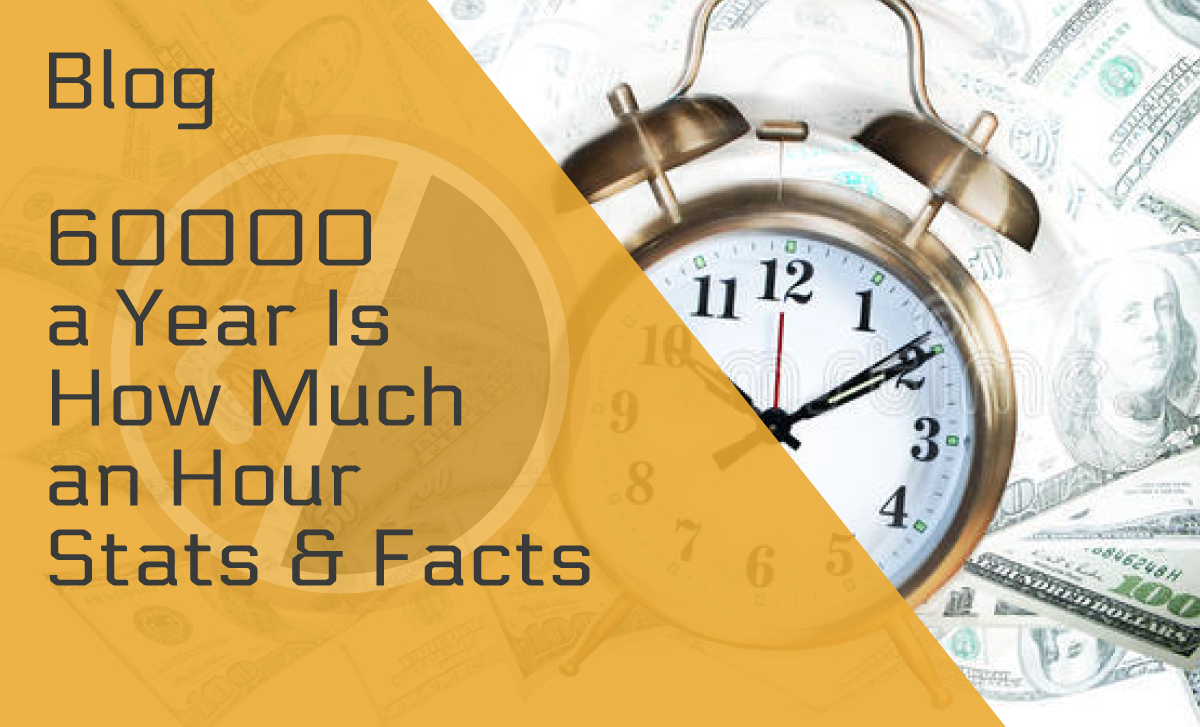How Long Does Bankruptcy Stay on Credit Report?
Published: June 6, 2022
Since COVID-19 started, the number of bankruptcy filings has decreased. However, if you had to make the hard choice of filing for one, you may be wondering how long it stays on your credit report.
We’re here to answer that!
How Long Does Bankruptcy Stay On Credit Report?
(Source: TransUnion)
A Chapter 7 bankruptcy, also known as a straight or liquidation bankruptcy, stays on your credit report for up to ten years. A Chapter 13 bankruptcy can remain on your credit report for up to seven years.
After the time passes, the bankruptcy will automatically fall off your credit report.
More Stats and Facts About Credit Report
To find out how long negative information stays on your credit report, keep reading to find the answer. We’ll also tell you other essential matters about bankruptcy.
How long do late payments stay on the credit report?
(Source: Equifax)
Generally, negative information, including bankruptcy and late payments, stays on your credit report for around seven years. For example, if you had a late payment in May 2022, this information will be visible until May 2029.
How soon will my credit score improve after bankruptcy?
(Source: FindLaw)
Filing for bankruptcy is not the end of the world. You can do certain things to improve your credit score a year or a year and a half after filing for bankruptcy in order to improve your credit score.
You can build your credit score with things such as: requesting a secured credit card if it’s possible, requesting three free credit card reports, paying off student loans, etc.
Bankruptcy affects high credit scores more than it affects low ones.
(Source: FindLaw)
If you have a perfect credit score, filing for bankruptcy will affect you more than someone with a poor credit score. For someone with a score between 670–850, the drop in points will be 200 after filing for bankruptcy.
For people with credit scores of 669 or lower, the drop in points will be between 130–150.
Responsible credit habits can help you build up your credit score.
(Source: Forbes)
Let’s say you’re trying to build your credit score to buy a house after bankruptcy. You’ll need to be consistent with all your payments, including utility bills. Additionally, you’ll want to keep your credit balances low and use your credit card less.
It doesn’t mean that your credit score will immediately improve. It will still take some time, but having good financial habits helps.
Bankruptcy affects your credit score while it’s on the report.
(Source: Experian)
Bankruptcy won’t loom over your head forever! In fact, as soon as the seven or ten years are up, it won’t be on your credit report anymore and won’t affect your score anymore.
It means that just because you filed for bankruptcy once doesn’t mean that you can never have the highest credit score possible.
Wrapping Up
While bankruptcy doesn’t seem like a great idea, sometimes it’s the best way out of financial hardship. So, no matter your reasons for filing for bankruptcy, just know that it doesn’t ruin your creditworthiness forever! You can still get back on track in no time!
Start practicing smart credit habits and get back to your highest credit score!







